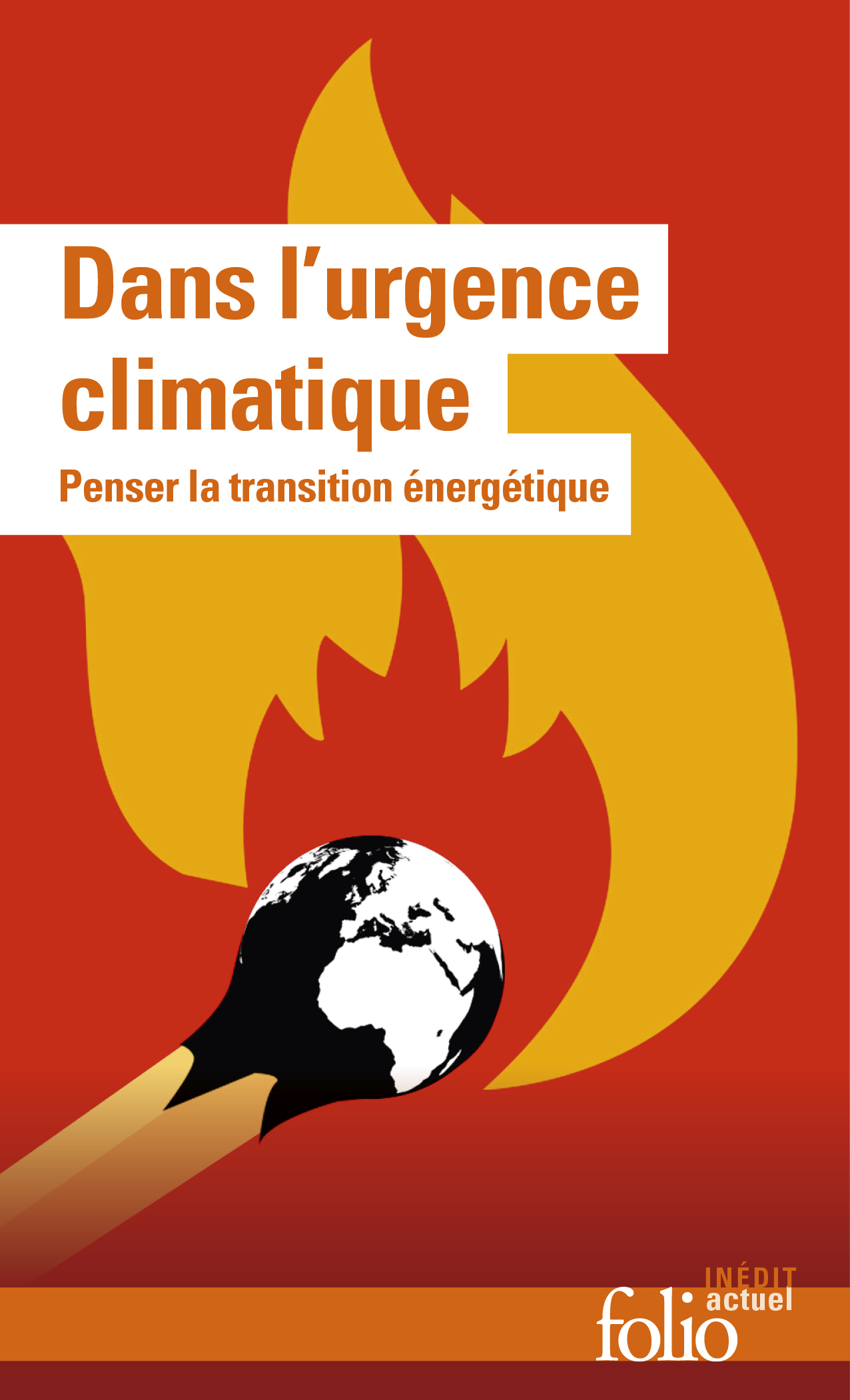Opinion
Who should pay the climate bill?
If we need to get into a war-type mentality to fight climate change, we also need a war-type development plan, so that everyone manages the transition irrespective of their capacity.
A Greek language version of this piece was published in the Money Review section of Kathimerini and a Spanish version in El Economista.
The world’s annual global carbon emissions grew by 60% between 1990 and 2015, according to the Stockholm Environment Institute. In this period, therefore, accumulated greenhouse gases in the atmosphere approximately doubled. Almost half of the growth in emissions was caused by the world’s richest 10%. The top 5% were responsible for 35% of the growth.
But there has been a tilting of the geographical distribution of the burden of emissions. China is now responsible for 28% of global emissions. India and the rest of Asia are responsible for 27%. The United States and Europe are responsible for 15% each, and Africa for 4%.
The first world is making efforts to take on the responsibility that this implies. The European Union has been clear about the extra effort it needs to make. The US has also recently promised to do more. Countries that amount to 55% of the world’s GDP have committed to becoming carbon neutral (net-zero emissions) by 2050.
But for these long-term targets to be met, a lot needs to be done in the short term.
The EU is about to announce a new ‘Fit for 55’ package of proposals to set out how it will cut its emissions by 55%, instead of 40%, by 2030, compared to 1990. US Special Presidential Envoy for Climate, John Kerry, does not mince his words when he argues that a war-type mentality is necessary to deal with climate change in the short-term, so that long-term targets can be met.
China, meanwhile, has committed to carbon neutrality by 2060. This delay by a one decade puts a burden on the world’s carbon budget, and in the meantime, importantly, China’s emissions are still increasing, aiming to peak in 2030. There are also serious doubts that China can even meet its 2030 target, especially taking into account that China’s annual per-capita income is only a fraction of that of the EU and the US ($9.7k vs $36K for the EU and $63k for the US). As China catches up in the next decade this will cast further doubt on its longer-term climate objectives.
More is needed. But who should do more? The obvious answer is everyone. But the fair answer should allow for the fact that the rich world continues to contribute the most to the problem, and that the poorer part of the world has a right to develop.
The first thing to discuss is carbon neutrality. Is that enough? If 55% of the world’s production aims at being carbon neutral but the other 45% does not, the whole world will simply not be carbon neutral. So, the answer is no.
One of two things needs to happen. Either the rest of the world needs to come on board, or the ‘55% group’ needs to go beyond neutrality and actively remove emissions from the atmosphere, so that the world overall gets to net-zero emissions.
But it is difficult for the rest of the world to come on board. The developing world argues that holding them to the same standards as the developed world is a way of preventing them from developing.
To a certain extent this argument is also true for China. Europe and the US are still collectively responsible for 30% of global emissions. China with almost double the population of the US and EU together is responsible for 28%.
Second, the rich countries must do more to help the poorer part of the world through an energy transition. In 2009, rich countries pledged to mobilise $100 billion per year by 2020 to help the rest of the world in this respect. But as argued here, the system followed so far has been fragmented and has fundamental flaws, bringing the credibility of this pledge seriously into question. In turn, this has major implications for the way the recent efforts of the G7 to reiterate this pledge will be seen by the developing world.
If we need to get into a war-type mentality to fight climate change, we also need a war-type development plan, so that everyone manages the transition irrespective of their capacity.
When it comes to climate, the onus is still on the rich part of the world.
Republishing and referencing
Bruegel considers itself a public good and takes no institutional standpoint.
Due to copyright agreements we ask that you kindly email request to republish opinions that have appeared in print to [email protected].











